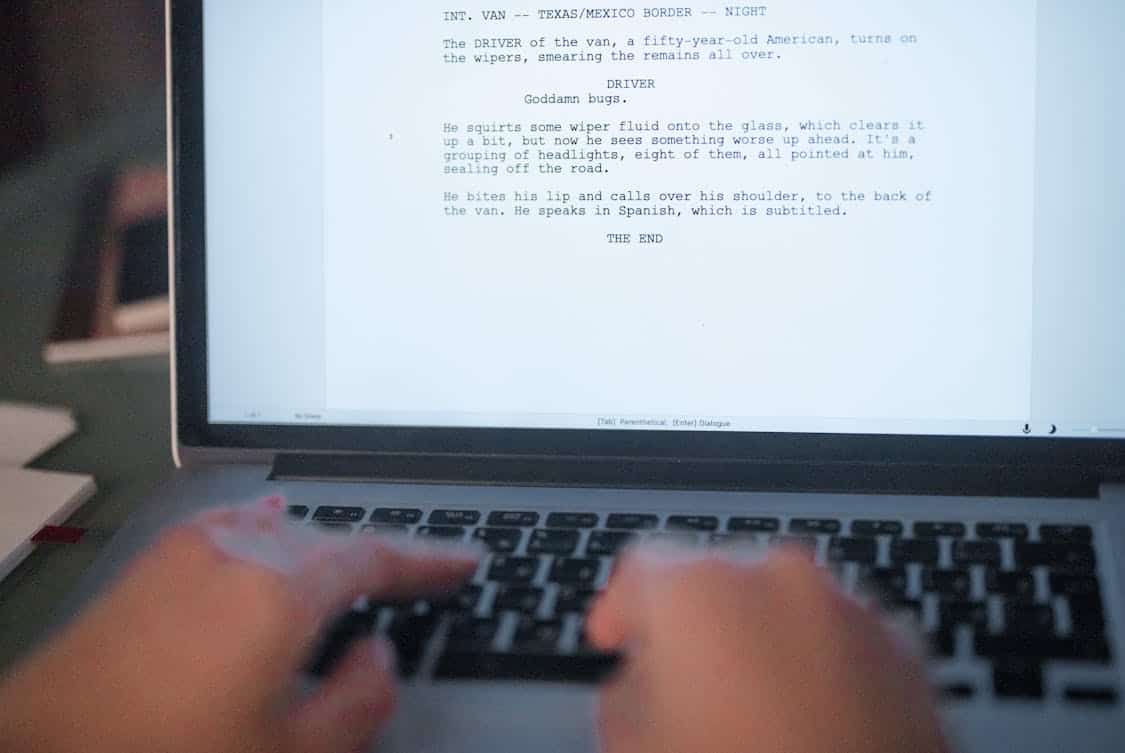The world of book creation is rapidly evolving, with artificial intelligence playing an increasingly prominent role.
From generating plot ideas to drafting entire chapters, AI tools are transforming the way authors write and publish. In fact, some books that you may come across might surprise you—it may have actually be written by AI.
As these technologies continue to advance, questions arise about the future of storytelling and the role of human creativity. In this article, we explore the evolution of AI in book creation and what you need to know about its impact on the literary world.
The Genesis of AI in Literature
Artificial Intelligence (AI) has wandered into the literary sphere, making waves that are hard to ignore. It all began with simple algorithms that could assist in generating text based on pre-existing data.
These early forms of AI were limited, often producing content that felt robotic and lacking the flair of human creativity. However, the seeds of innovation were sown, setting the stage for significant advancements.
The journey kicked off with rule-based systems where computers followed programmed instructions to produce text. This early AI merely mimicked human writing styles without real understanding.
Over time, researchers began incorporating more sophisticated techniques, such as natural language processing (NLP), which significantly enhanced the quality of generated text.
The Rise of Machine Learning
Machine learning (ML) marked a turning point in AI’s evolution, allowing systems to learn and adapt from data. No longer just following rigid rules, these algorithms could analyze vast amounts of text, identifying patterns and styles.
This shift gave birth to AI models capable of not only generating coherent text but doing so in a way that reflected different genres and tones.
For instance, an ML model could be trained on classic literature, immersing itself in the nuances of language, themes, and character development.
This training allows the AI to craft stories that resonate on a deeper level, touching upon the human experience in ways that earlier programs could not.
Natural Language Processing (NLP)
NLP has become the backbone of AI-driven book creation. This field of study focuses on the interaction between human language and machines.
By breaking down sentences into their grammatical components, NLP enables AI to understand context, sentiment, and intent. The result? More relatable and engaging writing.
These technologies have refined AI’s ability to produce dialogue that feels natural and compelling. Characters can now have distinct voices, enriching the narrative and drawing readers into the story.
The more nuanced the input data, the more sophisticated the output. This is where the magic happens; the blend of human creativity and machine efficiency creates a unique synergy.
Generative Pre-trained Transformers (GPT)
One of the most significant breakthroughs in AI writing tools has been the introduction of Generative Pre-trained Transformers, or GPT.
This model, developed by OpenAI, takes machine learning to new heights. By pre-training on diverse internet data, GPT can generate human-like text across a plethora of topics.
Users have found GPT particularly useful for brainstorming ideas, drafting content, and even editing drafts. The versatility of this technology opens doors to various applications in book creation.
Writers can collaborate with AI, engaging in a dynamic back-and-forth that enriches their work. It’s like having a brainstorming partner who never runs out of ideas.
AI’s Role in Editing and Proofreading

Beyond creation, AI has made strides in the editing and proofreading realms. Tools powered by machine learning can analyze manuscripts for grammatical errors, style inconsistencies, and even pacing issues.
These AI editors offer suggestions that can improve readability, ensuring the final product is polished and professional.
Writers can also use AI to optimize their work for specific audiences. By analyzing trends and reader preferences, AI can highlight what elements resonate best with target demographics.
This level of insight is invaluable for authors looking to make a mark in a crowded literary landscape.
Ethical Considerations in AI Writing
With great power comes great responsibility. The rise of AI in book creation has sparked a debate around ethics and originality.
Questions arise regarding authorship: if a machine generates a story, who owns it? And what about the potential for plagiarism? These concerns are vital, as they challenge our understanding of creativity and the literary process.
Moreover, there’s the issue of bias. AI systems learn from existing data, which can reflect societal biases. If writers don’t approach AI-generated content critically, they may inadvertently propagate stereotypes or reinforce harmful narratives.
It’s essential to maintain a human touch in the creative process, ensuring that the narratives we share are thoughtful and inclusive.
Collaboration Between Humans and AI
The future of book creation may not be a battle between human authors and AI, but rather a partnership. Authors can leverage AI to generate ideas, enhance their writing, and streamline the editing process.
This collaborative approach allows for more efficient content production without sacrificing creativity.
Imagine an author generating an outline with AI assistance, then filling in the details with their unique insights. This synergy can lead to more diverse storytelling, as authors are empowered to explore themes and genres they might not have considered before.
The Democratization of Writing
AI tools are democratizing the writing process. With user-friendly applications available, aspiring authors can tap into sophisticated technology without needing advanced technical skills. This accessibility opens doors for many voices, enriching the literary landscape.
New writers can experiment with style and voice, creating narratives that reflect their individual experiences. The barrier to entry is lowered, allowing for a vibrant tapestry of stories that may have remained untold otherwise.
The result is a more inclusive literary community, where anyone with a story to share has the tools available to do so.
The Future of AI in Publishing
As AI continues to evolve, it’s reshaping not just writing but the entire publishing industry. From manuscript submission to marketing, AI can streamline processes, making them faster and more efficient.
Predictive analytics can help publishers identify potential bestsellers before they hit the shelves.
Moreover, AI can assist in reaching target audiences more effectively. By analyzing reading trends and preferences, publishers can tailor their marketing efforts, ensuring that the right readers find the right books.
This data-driven approach enhances not only sales but also reader satisfaction.
Challenges Ahead
While the potential for AI in book creation is exciting, challenges remain. The technology is not foolproof, and there are limitations to what AI can achieve.
It still struggles with understanding nuance and context in the same way humans do. Authors and editors must be vigilant, ensuring that the final product maintains a human touch.
Another challenge is the potential over-reliance on AI. There’s a fine line between using AI as a tool and letting it dictate the creative process.
Writers must be cautious not to lose their unique voice in the pursuit of efficiency. Maintaining a balance between AI assistance and human creativity is essential for compelling storytelling.
The New Frontier of Storytelling
AI is carving out a new frontier in storytelling. The collaboration between human creativity and machine efficiency holds immense potential.
As technology continues to advance, so too will the ways we tell stories. We are witnessing a blend of tradition and innovation, where age-old narratives meet cutting-edge tools.
This evolution invites us all—authors, readers, and publishers—to rethink what storytelling can be. The possibilities are as vast as the imagination itself, leading us to a future where stories are born from the synergy of human and artificial creativity.
The landscape of literature is expanding, and with it, the opportunity for new voices and narratives to emerge.





